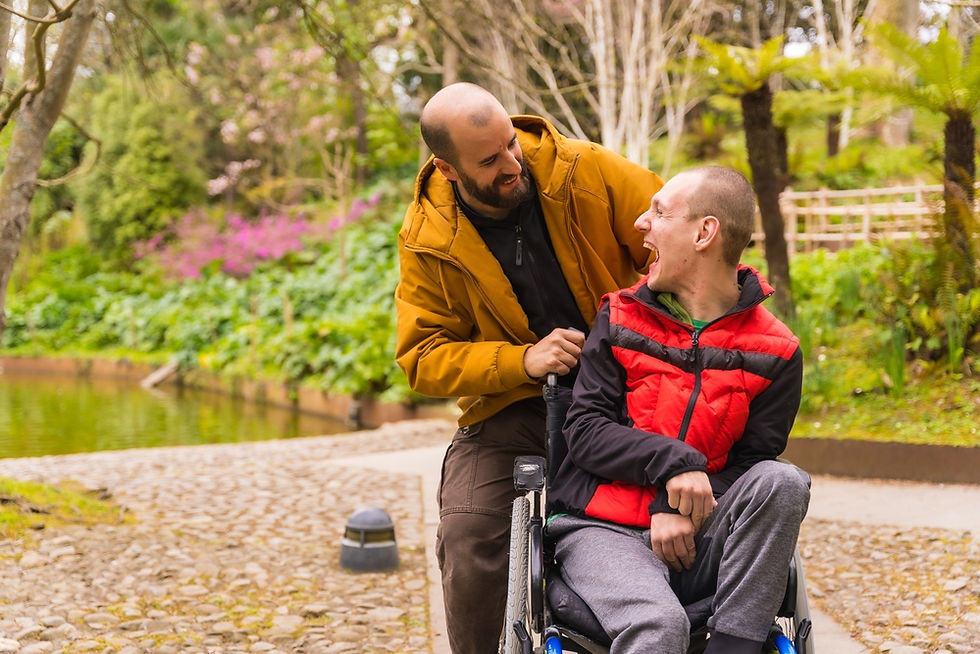Understanding Guardianship: Responsibilities, Rights, and Considerations
- Shontay K Bridges

- Apr 8, 2024
- 3 min read
Guardianship is a legal concept designed to protect individuals who are unable to make decisions for themselves due to incapacity or disability. It involves the appointment of a guardian, who assumes the responsibility of making decisions on behalf of the individual, known as the ward. While guardianship is intended to safeguard the well-being of vulnerable individuals, it also raises complex ethical, legal, and practical considerations.

Responsibilities of a Guardian: The primary responsibility of a guardian is to act in the best interests of the ward. This involves making decisions related to healthcare, finances, living arrangements, and other aspects of daily life. Guardians must prioritize the welfare and dignity of the ward while respecting their autonomy to the extent possible.
Healthcare decisions are often a significant aspect of guardianship. Guardians may be required to consent to medical treatments, surgeries, or placement in healthcare facilities on behalf of the ward. It's crucial for guardians to communicate effectively with healthcare professionals and advocate for the ward's preferences and needs.
Financial management is another key responsibility of guardianship. Guardians are entrusted with managing the ward's assets, paying bills, and ensuring their financial well-being. They must act prudently and transparently, keeping accurate records and making decisions that align with the ward's best interests.
Guardians are also responsible for ensuring that the ward's living arrangements are safe and suitable. This may involve making decisions about housing, care services, and other support systems necessary for the ward's well-being.
Rights of the Ward: Despite being under guardianship, wards retain certain rights and liberties. Guardians must strive to preserve the ward's autonomy and dignity whenever possible, consulting them on decisions that directly affect their lives. Wards have the right to receive appropriate care and support, access to education and healthcare, and opportunities for social interaction and personal development.
It's essential for guardians to involve wards in decision-making to the extent that they are capable of participating. This fosters a sense of empowerment and respect for the ward's individuality, even within the framework of guardianship.
Considerations and Challenges: While guardianship serves a crucial role in protecting vulnerable individuals, it also poses several challenges and ethical dilemmas. One concern is the potential for abuse or exploitation, as guardians wield significant power over the lives and assets of wards. Safeguards must be in place to prevent misuse of authority and ensure accountability. Another consideration is the balance between autonomy and protection. Guardians must navigate the tension between respecting the ward's right to self-determination and fulfilling their duty to act in the ward's best interests. This requires careful judgment and a nuanced understanding of the ward's needs and preferences.
Additionally, guardianship can be emotionally and logistically demanding. Guardians may face difficult decisions, conflicts with family members or healthcare providers, and the stress of managing the ward's affairs. It's essential for guardians to seek support and guidance when faced with challenges, whether through legal counsel, support groups, or other resources.
Guardianship is a complex legal arrangement designed to safeguard the well-being of individuals who are unable to make decisions for themselves. While guardians assume significant responsibilities, they must also uphold the rights and dignity of the ward. By prioritizing the ward's best interests, respecting their autonomy, and navigating ethical considerations with care, guardians can fulfill their role effectively and ensure the welfare of those under their care.




Comments